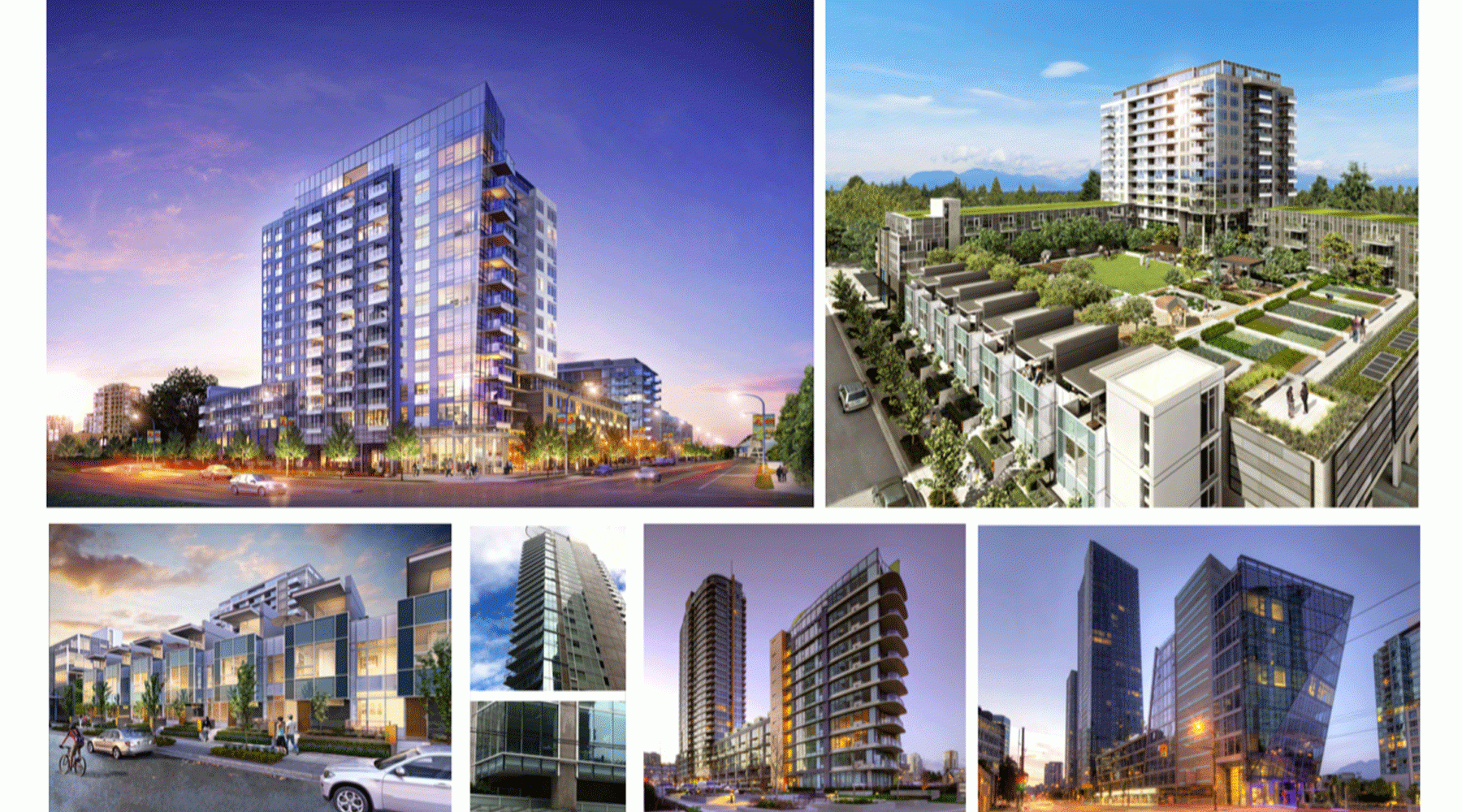No money changed hands. A contract was signed to acquire 31 new units of below market rental housing in the City of Richmond, BC. And all of the players received what they wanted in the ultimate win-win-win scenario for non-profit housing in this province.
With a rental housing market as challenging as Metro Vancouver's, it pays to get creative with non-profit housing. Richmond's Affordable Housing Strategy made it a requirement as of 2007 that any new development plan had to make five percent of the total residential floor area into below market rental housing. In 2017, the City raised the quota to 10 percent. This presents a challenge to developers, not typically in the business of running rental housing projects. For example, Intracorp, a North American property developer that began in Vancouver, BC, was creating 31 affordable rental homes, from one to three bedrooms, in its River Park Place development beside the Olympic Oval.
"They got in touch with us and said, 'Would you be interested in purchasing these homes and owning and operating them over the long term?'" says Robert Brown, President of Catalyst Community Developments Society, adding that he believes Richmond's policy is "very effective" at delivering affordable housing. A not-for-profit developer, Catalyst helps non-profit organizations and churches unlock the value of their real estate assets to build community spaces and affordable housing, which in turn can provide ongoing revenue to fund their organizations. Catalyst also partners with non-profit land owners, bringing development expertise and capital for construction, and then often managing and maintaining the properties when they're finished.
"What we are really trying to do here is create a better community," says Robert. "What do you need in that community to make it better for the people that live in it? One of the things is housing that's affordable for the income that you earn. We always try to keep that front and centre in what we do."
Intracorp made an offer: Catalyst could buy the affordable homes with a deposit of just under $800,000, a lower price that reflects that the homes will rent at below market rates.
Robert needed to buy time. Coming up with that kind of funding on short notice would be a challenge for any non-profit. With the offer on the table, he reached out to Vancity Community Foundation, which along with Vancity Credit Union, has worked closely with Catalyst since its inception by providing funding and financing for many of its projects. Catalyst has built or planned over 950 affordable rental homes and 78,000 sq. ft. of community non-profit and commercial spaces. When all the homes are complete, Catalyst estimates they will provide residents with approximately $10 million worth of savings on rent each year.
Here's where things get creative. The Foundation approved an impact investment, in the form of a letter of credit, so Catalyst could purchase the homes, guaranteeing that Vancity would cover the deposit if Catalyst didn't close on the purchase. Intracorp accepted the letter, which meant both the Foundation and Catalyst kickstarted an affordable housing solution, without putting any money down.
This is one scenario where everyone wins. Intracorp has fulfilled its commitment as a developer to Richmond's Affordable Housing Strategy.
Catalyst wins because it found another innovative strategy to expand the organization's portfolio of affordable housing, without having to build the housing. Robert says the key question when creating sustainable affordable housing is: "How much are we paying for the homes? We have to make sure we have enough rent to pay the mortgage. We build a buffer into the plan for property taxes, insurance, maintenance, etc. That's the biggest risk we take on. We don't think it's a risk we won't be able to rent these apartments in this crazy market."
Buying units from another developer was a first for Catalyst. Now the non-profit has ample time to raise the $800,000 for the deposit and secure financing for the rest of the purchase price, before the deal closes and the project opens in March 2020.
Vancity Community Foundation wins, because it moves the meter on affordable housing by leveraging its charitable assets, knowing from past experience that such investments through Catalyst are very low risk.
And the biggest winners of all: the families and individuals in Richmond in the low-moderate income bracket earning approximately $49,000 to $73,000 annually, who get to live at Rivermark at River Park Place. They will have the opportunity to enjoy a vibrant new community with rents between $1,250 and $1,850 a month, in a beautiful new development, close to the SkyTrain, near the Fraser River, with access to a shared rooftop garden ‒ all at a price they can afford.
